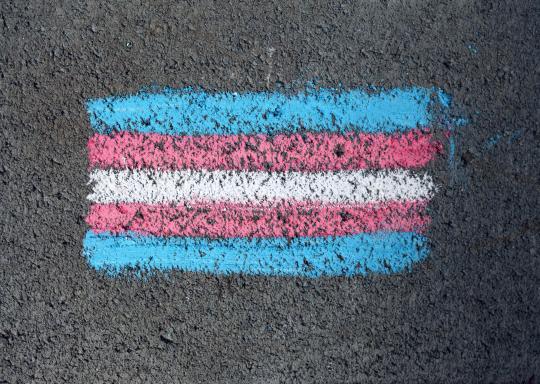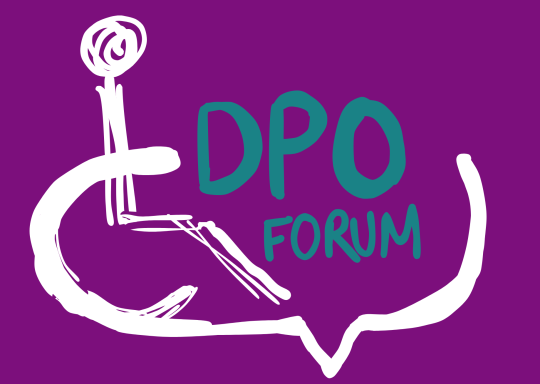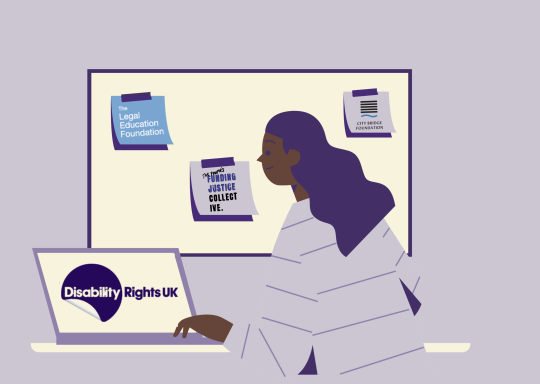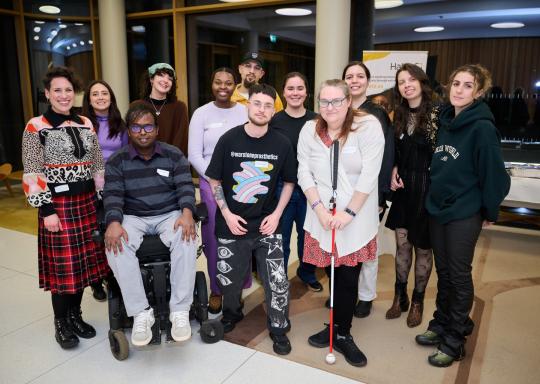Disabled People represented at COVID Public Inquiry
On Monday 31 October, the COVID Public Inquiry heard from lawyers, on the conduct and scope of module 2 of the Inquiry, which relates to political and administrative decision making during the pandemic.
Disability Rights UK, Inclusion Scotland, Disability Wales and Disability Action Northern Ireland have been given core participant status for module 2 of the Inquiry, to represent the views and experiences of Disabled people. We were represented at the inquiry by Shanthi Sivakumaran who is instructed by our solicitors, Bhatt Murphy.
The Inquiry was told of the high number of deaths of Disabled people, around 60% of all deaths, and of the disproportionately negative impact experienced by Disabled people including emotional distress, loneliness, unequal access to health services, lack of social care, challenges in securing food and accessing public services.
The DPOs legal representative raised the importance of the Inquiry proceedings and communications being accessible to all Disabled people. It was also asked that the “Listening Project” to gather public experiences of COVID, included outreach and support, to ensure that all Disabled people could input. Whilst the “Listening Project” was welcomed, DPOs made the point that this should not preclude people giving direct testimony to the Inquiry.
The DPOs asked that inequalities be considered throughout the scope of the module and that Government departments be specifically asked about the extent to which they had regard to Disabled people.
It was asked that the Inquiry agree the list of key issues to be covered with core participants, to ensure that all relevant events were covered.
In response to the representations, the Chair of the Inquiry, Baroness Heather Hallett, stated that the Inquiry would be as accessible as possible and she welcomed support to make this happen. She also confirmed that direct evidence from individuals would be heard at the Inquiry, where it illuminated a systemic issue.
Kamran Mallick, CEO of Disability Rights UK said “We greatly welcome being given core participant status. We will work with DPOs and Disabled people to make sure that the injustices we experienced during the pandemic are brought to the attention of the Inquiry and ensure that Government departments and related institutions account for their actions.”
Inclusion Scotland said “We are pleased to have been granted Core Participation status for module 2 of the UK Covid-19 inquiry. We will work to ensure that the experiences of disabled people across Scotland during the pandemic are fully considered by the UK Inquiry. Lessons must be learned by both the UK and Scottish government so that disabled people are never again left behind during a national emergency and our human rights eroded.”
Nuala Toman, Head of Policy at Disability Action Northern Ireland said “Disability Action welcome the inclusion of the Disabled People’s Organisations as core participants in the Covid-19 Inquiry. We believe this gives recognition of the disproportionate impact that Covid-19 has had on us. 6 out of 10 people who died due to Covid-19 were disabled people. Through the inquiry we have the opportunity to understand why this grave injustice occurred. We have the opportunity to ensure accountability and to protect disabled people in the future.”
Rhian Davies, CEO of Disability Wales said “We greatly appreciate being awarded core participant status. The pandemic exposed deep seated inequalities in society, with laws introduced to protect the rights of disabled people failing to do so when most needed. In Wales 68% of deaths from Covid-19 comprised disabled people. Yet as stated in the report Locked-out: liberating the lives and rights of disabled people in Wales beyond Covid-19, there was nothing inevitable about the high death rate among disabled people. We will work with DPOs and Disabled people from across Wales to ensure that their voices and experiences are heard by the Inquiry so that the decision makers at all levels of government will be held to account for their actions”
Shamik Dutta, from Bhatt Murphy, said “Disabled people are well aware of the significant harm they have suffered since the onset of the pandemic; the disproportionate number of deaths suffered across all four nations and policy decisions that have systemically served to deny them basic necessities, services and, ultimately, dignity. That harm must be recorded publicly in this Inquiry and the question this Inquiry must answer, is why.”




